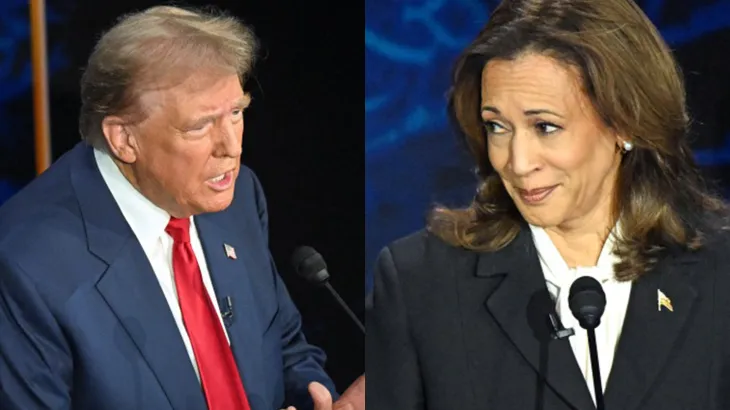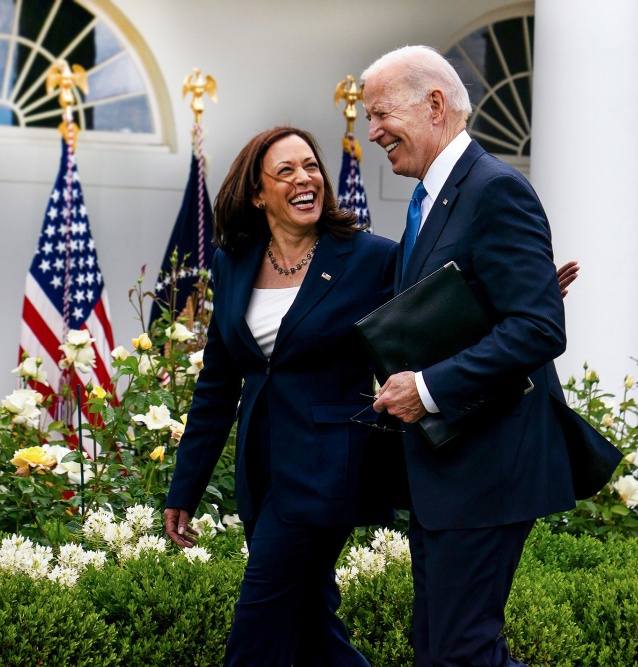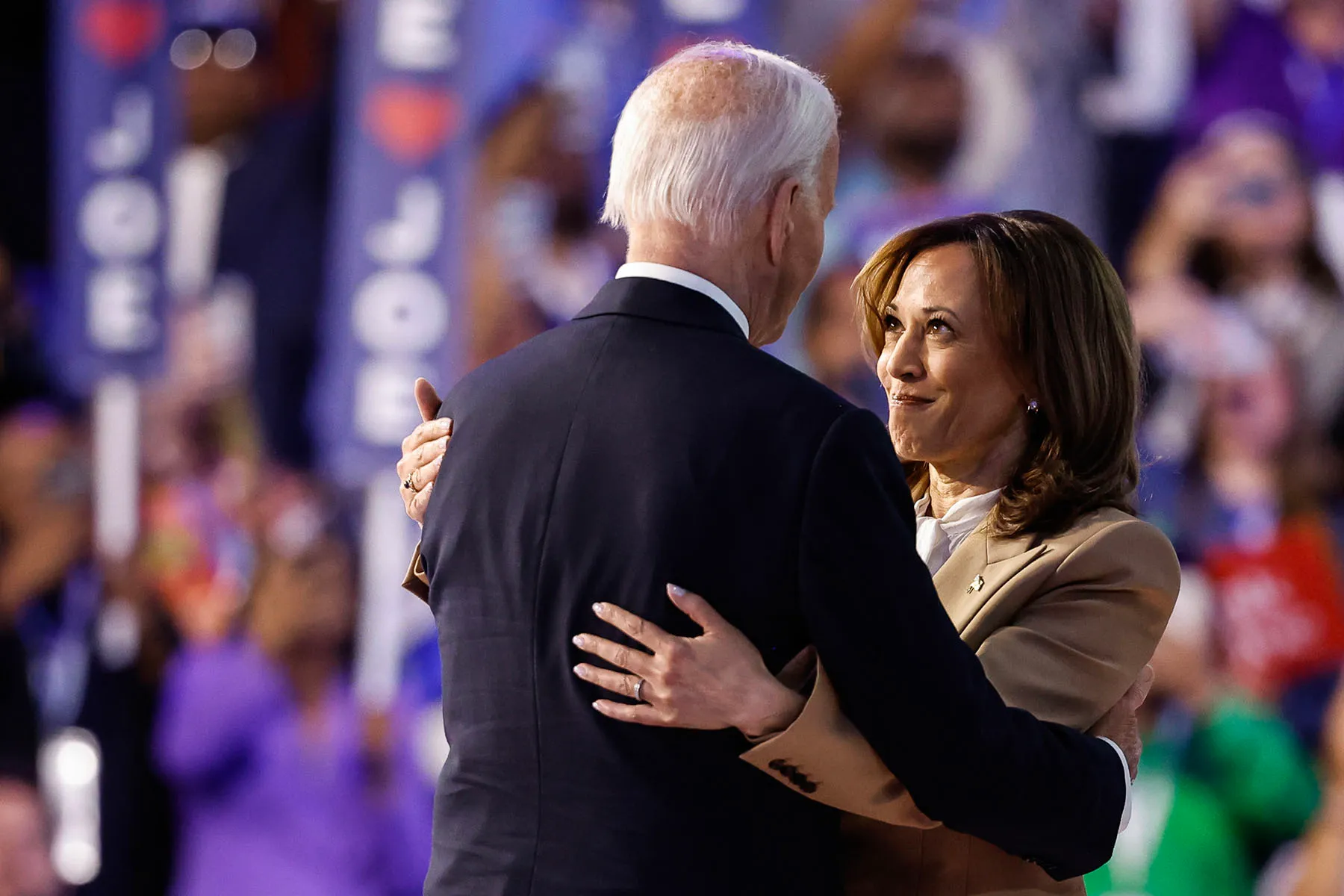In a political landscape often characterized by partisan divides and ideological battles, the collaboration of business titans Reid Hoffman and Mark Cuban to launch “Business Leaders for Harris” signals a significant moment in both the business and political arenas. This initiative aims to rally business leaders around the candidacy of Kamala Harris for the presidency, emphasizing the need for innovative leadership in addressing the complexities of contemporary challenges.

Who Are Reid Hoffman and Mark Cuban?
Before diving into the specifics of “Business Leaders for Harris,” it’s essential to understand the individuals behind the initiative.
Reid Hoffman
is best known as the co-founder of LinkedIn and a prominent venture capitalist. With a reputation for keen insights into technology and entrepreneurship, Hoffman’s influence extends beyond Silicon Valley. He has been an advocate for responsible technology, economic opportunity, and political engagement.
Mark Cuban
a billionaire entrepreneur, investor, and owner of the NBA’s Dallas Mavericks, is a household name thanks to his appearances on the reality show “Shark Tank.” Known for his outspoken views on a variety of issues—from sports to politics—Cuban has positioned himself as a champion for free-market principles while also advocating for social justice and reform.
Together, these two influential figures bring a wealth of experience and a diverse array of perspectives to the campaign for Harris, aiming to reshape the narrative around leadership in business and politics.
The Vision Behind “Business Leaders for Harris”
The launch of “Business Leaders for Harris” stems from a growing recognition that effective governance requires more than just political experience; it demands an understanding of business, innovation, and economic resilience. In a world where economic policies can make or break companies, Hoffman and Cuban believe that business leaders have a critical role in shaping the future.
Hoffman and Cuban’s vision for the initiative is rooted in several key principles:
- Innovative Leadership: They argue that the challenges facing America—ranging from climate change to income inequality—demand innovative solutions that leverage the entrepreneurial spirit. Harris’s track record as a senator and vice president reflects her commitment to pragmatic, forward-thinking policies.
- Collaboration Across Sectors: The initiative underscores the importance of collaboration between business and government. Hoffman and Cuban advocate for policies that encourage private sector growth while addressing public needs, believing that the synergy between these sectors can lead to more sustainable outcomes.
- Diversity and Inclusion: Both leaders are committed to promoting diversity in business and politics. They see Harris’s candidacy as a pivotal moment in breaking barriers for underrepresented groups in leadership positions, highlighting the importance of diverse perspectives in decision-making processes.
Why Kamala Harris?
Harris’s candidacy has garnered attention for her focus on issues that resonate with both the business community and the broader public. Her policies on economic reform, education, healthcare, and climate change align with the interests of many business leaders who recognize the long-term benefits of a healthy economy and a stable society.

Economic Reform
One of the central tenets of Harris’s platform is her approach to economic reform. She advocates for policies that foster innovation while addressing income inequality. For Hoffman and Cuban, this is not just a moral imperative; it’s a business necessity. A thriving economy requires a robust middle class, which in turn drives consumer spending and business growth.
Education and Workforce Development
In an era of rapid technological advancement, workforce development is critical. Harris’s emphasis on education reform, particularly in STEM fields, aligns with the interests of tech leaders like Hoffman and Cuban. They recognize that a skilled workforce is essential for maintaining the competitive edge of American businesses.
Climate Action
With the growing urgency surrounding climate change, Harris’s commitment to sustainability resonates deeply with both Hoffman and Cuban. They believe that businesses have a crucial role in leading the charge toward greener practices, and Harris’s policies reflect an understanding of this imperative.
The Importance of Business Leaders’ Engagement
The engagement of business leaders in political campaigns is vital for several reasons:
- Influence and Reach: Business leaders often have significant influence and resources that can mobilize support for candidates. By aligning with Harris, Hoffman and Cuban aim to leverage their networks to amplify her message.
- Bridging Gaps: Business leaders can act as intermediaries between the political sphere and the business community. Their involvement can help bridge gaps in understanding and promote policies that benefit both sectors.
- Creating a New Narrative: By launching “Business Leaders for Harris,” Hoffman and Cuban seek to redefine the narrative around political engagement in the business community. They want to demonstrate that supporting a political candidate is not just about individual interests but also about the collective future of the economy and society.
Challenges Ahead
While the initiative has garnered enthusiasm, it is not without challenges. The political landscape is fraught with polarization, and aligning business interests with political agendas can lead to pushback from both sides. Hoffman and Cuban will need to navigate these challenges carefully, advocating for Harris’s candidacy while addressing the concerns of skeptics.
Additionally, the effectiveness of “Business Leaders for Harris” will depend on their ability to mobilize a diverse group of business leaders. The initiative must reflect a broad spectrum of industries and perspectives to resonate with voters.
Conclusion
The launch of “Business Leaders for Harris” by Reid Hoffman and Mark Cuban marks a pivotal moment in the intersection of business and politics. Their collaboration underscores the need for innovative leadership that transcends traditional party lines, focusing instead on pragmatic solutions to the challenges facing America today.
By rallying support for Kamala Harris, they aim to create a movement that emphasizes collaboration, diversity, and sustainable economic growth. As they navigate the complexities of the political landscape, Hoffman and Cuban’s initiative has the potential to reshape the narrative around business engagement in politics, demonstrating that the future of America depends on a collective effort from all sectors of society.
In an era where the lines between business and politics are increasingly blurred, “Business Leaders for Harris” serves as a beacon of hope for a more integrated and forward-thinking approach to governance—one that prioritizes innovation, inclusion, and the common good.


